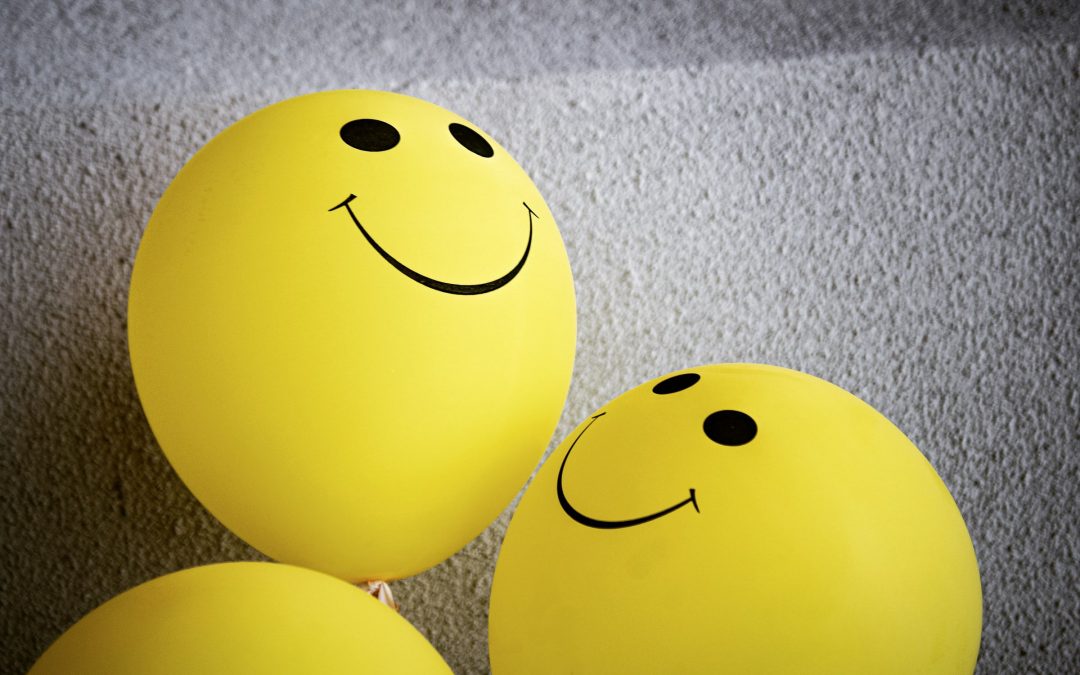You’re reading this on Friday, but I’m writing it on Wednesday because of the Thanksgiving holiday. So I suppose it makes sense to think about the future, and about America. Many Americans seem to have lost that urge, despite economic signs showing things are turning a major corner. One of the reasons crypto is winning so big right now is that it offers an escape from a society that in many ways can seem like it’s traveling a long, dark tunnel to nowhere.
Whether crypto represents a real alternative or not, of course, remains to be seen. But with political tensions, COVID-19, looming climate catastrophe and apparently contagious social-media brainworms, America is in the midst of a period of extreme cultural pessimism, alongside what many are describing as a mental health crisis. Tragically, this has been particularly concentrated among children, but it’s also obviously hitting adults. I’m personally fixated on the rise of violent incidents on airplanes, among the most clearly terrifying places to lose your mind.
This article is excerpted from The Node, CoinDesk’s daily roundup of the most pivotal stories in blockchain and crypto news. You can subscribe to get the full newsletter here.
More specifically, survey data shows surges in anxiety and depression (unfortunately, better medical data seems hard to come by). Individual anxiety and depression are such pernicious little bastards because they trap you in a loop of cursing yourself for inaction while also being terrified of taking the wrong action. That’s a fairly decent analog for the broader paralysis, malaise and fear that have taken over our cultural discourse as a whole.
Unlike a lot of individual cases, America’s collective mental health crisis has some serious real-world justifications. But on at least one front there’s a strange disconnect: The U.S. economy is absolutely burning up the charts. I saw this first hand recently when I trekked out to Jamaica, Queens, to renew my driver’s license at the excellent Motor Vehicles department there. It’s a working-class neighborhood on the far eastern outskirts of New York City, and I was amazed by the crowds, the number of people in the streets and the boxes of new goods piled on the sidewalks. People were just out there shopping their tails off.
The numbers back up the anecdote. JPMorgan this week revised its fourth-quarter GDP growth estimate to 7%, per CNBC’s Carl Quintanilla, which is so good you’re tempted to use bad words. Goldman Sachs’ estimate is 6%. Meanwhile, wages are rising, unemployment is at 4%. It’s all looking really good.
And these growth numbers, by the way, are adjusted for inflation (credit to Fabian Stolzenburg on Twitter for this point). U.S. nominal (non-inflation adjusted) growth for 2021 could wind up at over 10%, which is the kind of growth you’d expect from a country that just got its first power plant – scratch that, its first light bulb – and not the world’s biggest and most advanced economy.
Yet, you’re much more likely to hear people doomsaying about inflation. That’s a reasonable anxiety! But it seems, perhaps thanks to fearmongering by some politically motivated pundits, many Americans are totally unaware of the connection between this increasingly face-ripping economy and recent inflation increases. The two are almost always entwined: Inflation is a product of too many dollars chasing too few goods. So it’s what happens when people are spending a lot of money instead of, say, saving it.
Of course, that doesn’t apply if you’re Argentina or Venezuela or Turkey and you have some actual kook just spinning up the money printer. There is absolutely such a thing as bad inflation. But mixing up what’s happening in Turkey with what’s happening in the U.S. is a drastic category error.
See also: Turkey Makes the Case for Bitcoin as Erdogan Runs the Autocrat’s Inflation Playbook
At its best, inflation is a measure of optimism. You know when else it was high? In 1942, U.S. annual inflation was 10.2%. In 1946, it was 8.5%. In 1947, it was 14.4%. You know what those spikes represented? Sending our soldiers across the pond to save millions of people from a delusional little cokehead named Hitler, then buying the boys steaks and Chevrolets to celebrate (and also sending the white ones to college. Irony!). We spent the money, did the thing, then basked in the fruit of our labors. And it all seems to have pretty much worked out.
We haven’t quite kicked COVID’s ass as thoroughly as we kicked Hitler’s. We’ve fallen short on unity and self-sacrifice this time around – though looking around the world, it’s not clear at this point there was any real way to stop the spread of COVID-19. What we could do, and did with admirable foresight and determination, was keep the economy’s pipes from freezing while it was on lockdown. We prevented massive amounts of misery and kept things ready to roar when the time was right.
And boy, we’re roaring now. So do yourself a favor and indulge in some optimism, Americans, on the economy if nothing else. Happy holidays. You deserve it.










